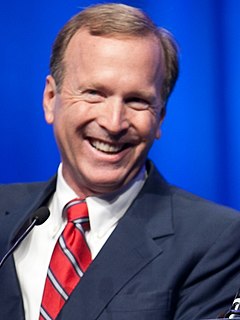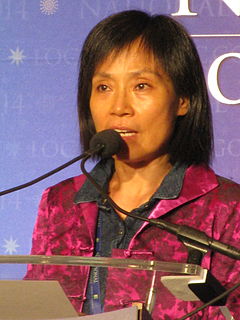A Quote by Henry A. Kissinger
What is applicable is to understand that first of all China has undergone a huge revolution in the last years. Anyone who saw China as I did in 1971 - and for that matter even in 1979, because not much had changed between 1971 and 1979 - and sees China today, knows one is in a different economic system.
Related Quotes
The BRIC countries - Brazil, India, China, Turkey, South Africa, Indonesia even, and Russia - are now new actors. Over the last eight years, China multiplied by seven its economic presence and penetration in the Middle East. And if this happens on economic terms and there is a shift towards the East, the relationship between these countries and Israel is completely different from the United States. And it means that the challenges are going to be different, because China is not supporting Israel the way the U.S. are supporting Israel.
When I first saw China, there were no automobiles. There were no supermarkets. There were no high-rise buildings. There were no consumer goods. There were no restaurants that were at least accessible that foreigners could see. It was a Stalinist society, and a very poor Stalinist society. So the economic system has totally changed, and the private sector in the economic system is now the dominant sector. It didn't exist at all as late as 1979.
China reformed its state sector before, in the late 1990s. Tens of millions were laid off at the time. That was scary and we had warnings of social unrest. But it did not happen. Instead, there was a restructuring in our economic system. I am not sure if China will follow a Western playbook in this respect.
The China of the 1970s was a communist dictatorship. The China of the twenty-first century is a one-party state without a firm ideological foundation, more similar to Mexico under the PRI than Russia under Stalin. But the measurement of the political and the economic evolution has not yet been completed, and is one of the weak points of the system.






























